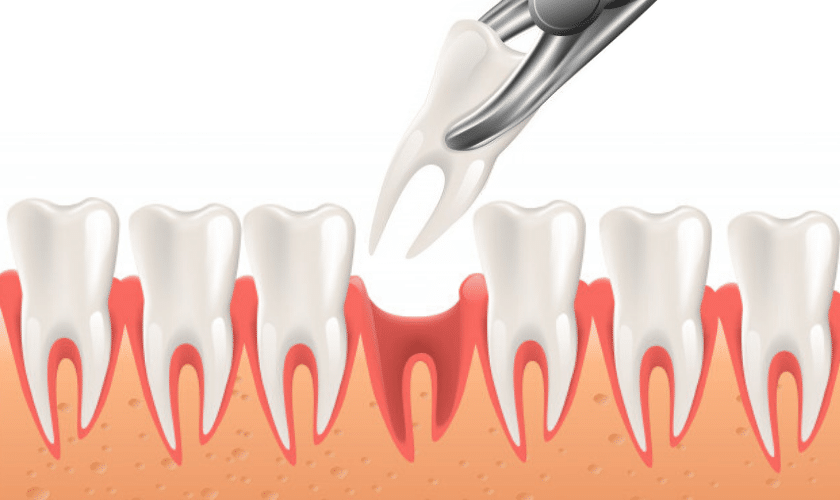Delaying extraction of problematic teeth, particularly impacted wisdom teeth, can result in difficulties. To be ready for any such emergency, you must first understand the procedure, symptoms, and need for extraction. You can look for the best teeth extraction service via uniondentalcenter.co/services/general-dentistry/.

Image Source: Google
There are a variety of reasons why some of your teeth may need removal or extraction. The basic aim of dentists and hygienists is to ensure that your mouth functions in the healthiest possible manner.
If you've had an accident and your teeth have been injured, you may need to have them extracted to restore your biting strength. Another reason for extraction could be a long-term gum disease that has damaged the tooth's roots, causing bone loss and making tooth loss.
But the most common reason for tooth extraction is the occurrence of an impacted third molar or wisdom tooth. Wisdom teeth are the last of the molars to surface and their arrival may not always be timely.
Extraction involves cutting of gum tissue and bone, so the procedure is painful that is why anesthesia is administered to ease off the discomfort. The sort of anesthetic used is determined by the patient's medical history as well as their preferences. Tooth removal has few complications; in most cases, the treatment occurs without a problem.
The dentist will use an x-ray and your medical history to perform a comprehensive examination to look for any present infection or the existence of a nerve in the affected area. The procedure will only begin once the dentist is satisfied that the path is clear and your mouth is ready for extraction.
